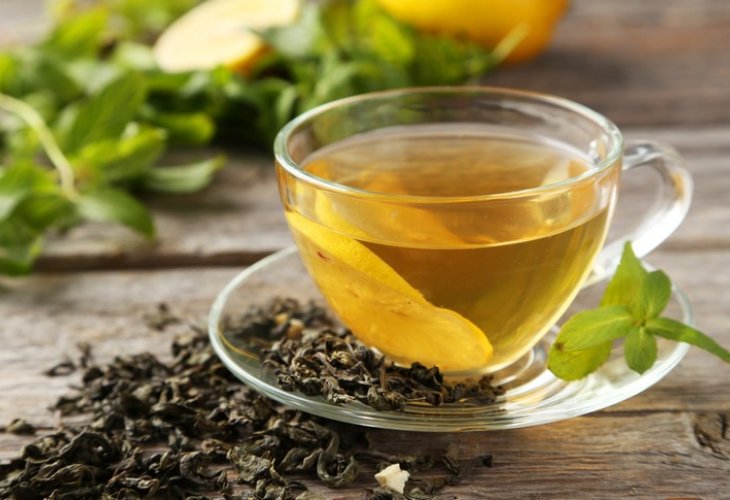Do You Love Drinking Tea in the Winter? Don't Miss This Article
Tea, ladies and gentlemen, tea. With so many varieties available in the market, some more known than others, how can you differentiate between them, which one is better to consume, and about which tea has the American health authority issued severe warnings? Answers inside.
 (Photo: shutterstock)
(Photo: shutterstock)There are so many types of tea available in the market - some more recognized, others less so. In this article, we'll aim to organize the various types of tea available and note the health benefits of each type, as well as highlight a type recently identified as particularly harmful and should be avoided.
How do you identify the quality of tea? The lighter it is, the higher its nutritional quality.
The main types of tea are:
Black tea, green tea, and white tea.
Black tea undergoes a long process of fermentation and oxidation, characterized by a particularly strong flavor. It is especially popular in the West.
Green tea is produced through a steaming process and is not fermented at all. Because of this, its green color doesn't change and its flavor remains mild.
The last tea, known as white tea, is characterized by a yellowish tint obtained through leaf drying, in a processing method slightly longer than the other two.
Researchers have been studying the link between tea consumption and reduced risk of dangerous diseases like cancer and others for years. Studies indicate that increased and frequent tea consumption helps reduce the risk of heart diseases, vascular diseases, strokes, cancer, and more. Studies focusing primarily on green tea found that drinking three cups a day reduces the risk of stroke by about 21%. Green tea is also identified as a catalyst for reducing symptoms of anxiety and depression among those who consume at least three cups a day.
Most teas marketed today are not dangerous, except for one that the U.S. Food and Drug Administration issued a strong warning about - tea containing the senna aloe plant and other laxative herbs, often offered as miracle diet formulas. The FDA issued the warning due to numerous cases where consumption of this tea, while aiding rapid weight loss, resulted in irreversible damage to the intestines, liver, and kidneys, and in some instances, led to death.

